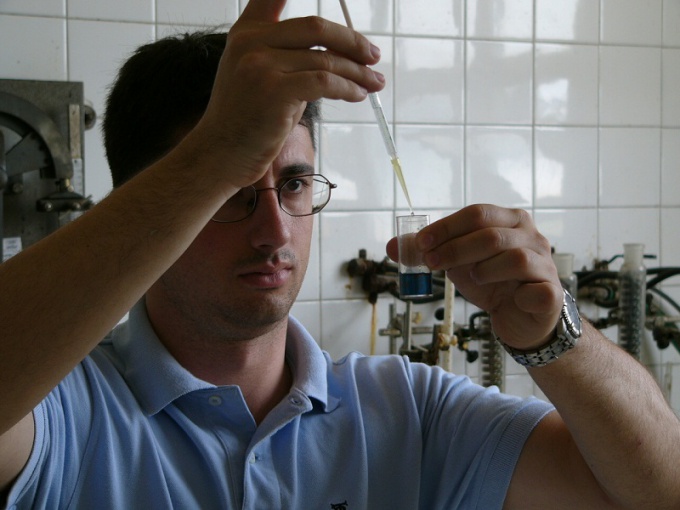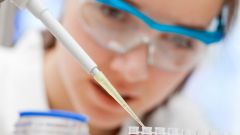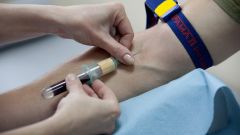Instruction
1
In the biochemical analysis of blood to determine the following parameters: glucose, total protein, gamma globulins, alpha 2 globulins, alpha-globulins, beta-globulins, alpha-fetoprotein C-reactive protein), uric acid, beta-lipoproteins, cholesterol, triglycerides, enzymes of blood (amylase, bilirubin) and others.
2
The basic rules for the delivery of biochemical analysis of blood necessary to limit itself in Smoking (Smoking increases the number of red blood cells and the level of glucose in the blood); not to use alcoholic drinks and beer (alcohol increases the content of uric acid and reduces the level of sugar in blood); to reduce the consumption of coffee and strong tea (increases the number of leukocytes and erythrocytes, as well as the sugar of the blood; to eliminate physical exertion and stress (running, climbing stairs, etc.); the blood should not take the medications and after the radiography, physiotherapy and other studies.
3
Intake of fatty foods contributes to the increase in blood potassium, alkaline phosphatase, triglycerides. It is undesirable to starve for more than 48 hours, as this leads to increase of bilirubin in the blood. And fasting for more than 72 hours contributes to the reduction of sugar in the blood to the lower limit of normal at the same time increases the amount of urea and free fatty acids.
4
It is recommended to donate blood for biochemical research on an empty stomach, last meal at least 10 hours before taking blood. It is necessary to refrain from eating greasy, fried, spicy and smoked food for 2 days before analysis.
5
Before the procedure should rest in the waiting room for 10-15 minutes and relax. The fence of blood for biochemical analysis is a nurse treatment room, under sterile conditions and sterile material. Further, a fence, a tube of blood and the direction of in a special container is passed to the clinical-biochemical laboratory of the diagnostic center to conduct the study.
6
The physician assistant a few hours gives the conclusion with the results of the study. To monitor the effectiveness of treatment, the doctor prescribes after a while of repeated biochemical analysis of blood. Research in the same clinical and biochemical laboratory, comparison of such studies will be correct and informative, since different laboratories use different diagnostic methods and different units of measurement.


